Transition is the journey from high school to adult life. Transition planning should begin when you are 14 years old or even earlier (or later if you haven't started yet!). Transition planning includes your goals for working, learning, and living once you leave high school. The process is based on your needs and should consider your strengths, preferences, and interests. All students (and families) should plan for life after high school. You should also consider what supports and accommodations you might need at your job, school, home, or community.
Career Planning (Working): What jobs or careers interest you? What knowledge, skills and experience do you need to obtain a job in your chosen field? There are many people who can help you gain work experience, training, or other assistance along the way.
Education Planning (Learning): What training or education do you need after high school? Consider where you want to go to school, how to pay for it, and what courses you should take before leaving high school.
Independent Living (Living): Where do you want to live after high school? Will you be in a college dorm, apartment, or at home? What type of assistance will you need? Managing money, navigating transportation, cooking, and home repairs are all skills you may need.

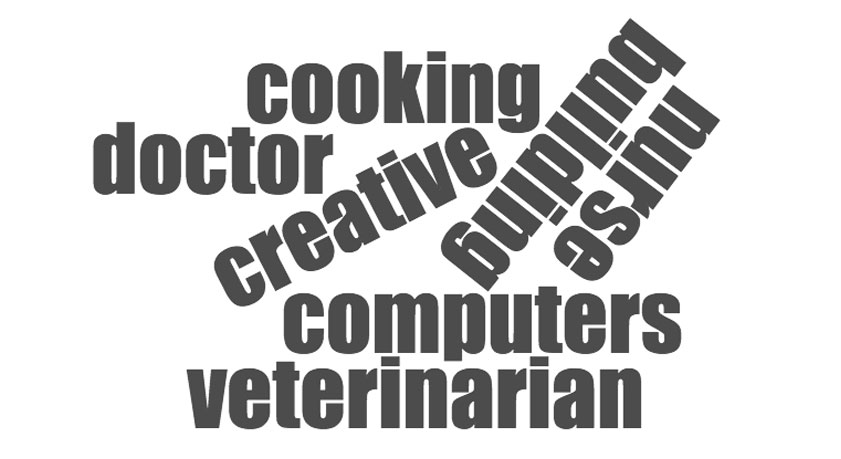
Describe your dream career in a few words:

Career Clusters contain occupations in the same field of work that require similar skills. Students, parents, and educators can use Career Clusters to help focus education plans towards obtaining the necessary knowledge, competencies, and training for success in a particular career pathway.
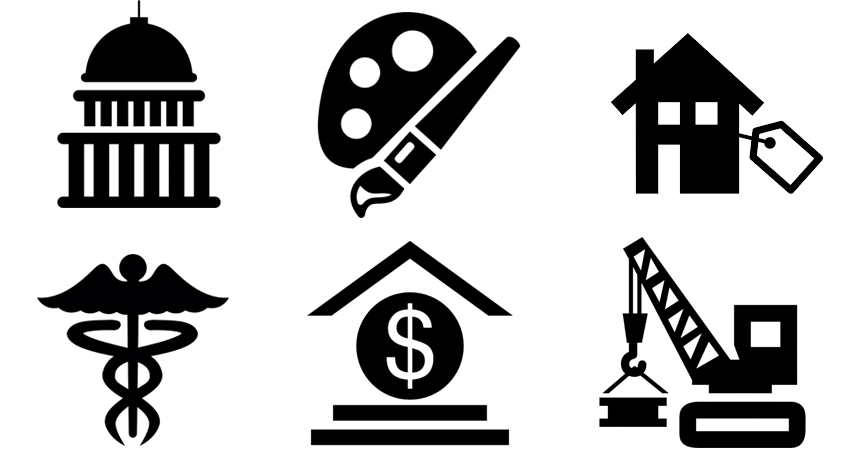
There are over 900 career options for you to look at. Find yours in one of these industries:
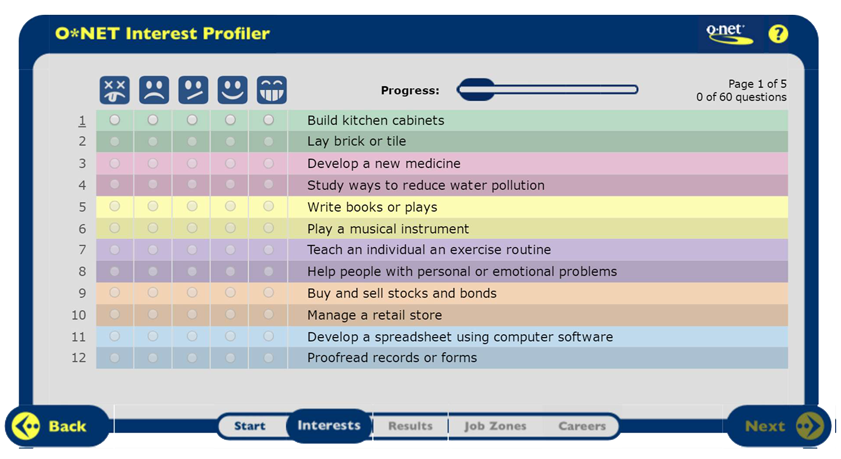
Answer questions about the type of work you might enjoy. We'll suggest careers that match your interests and training.
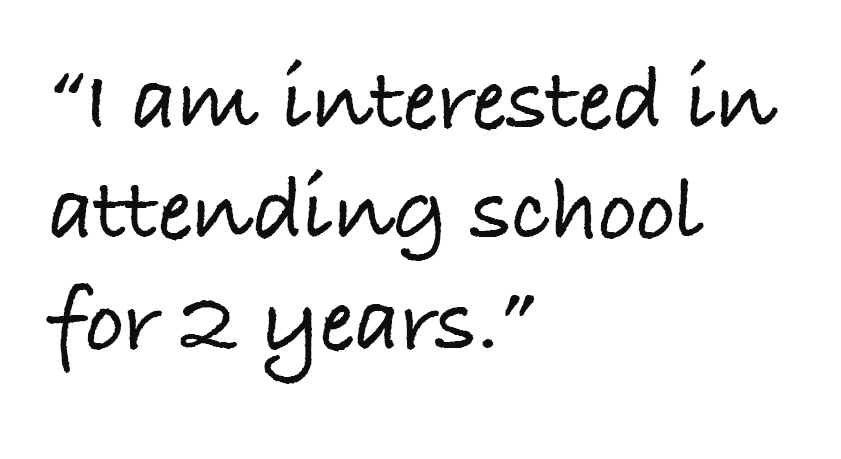

Considering a career in the military? Today’s Military website, produced by the US Department of Defense, includes military careers, required training, and how to get started..
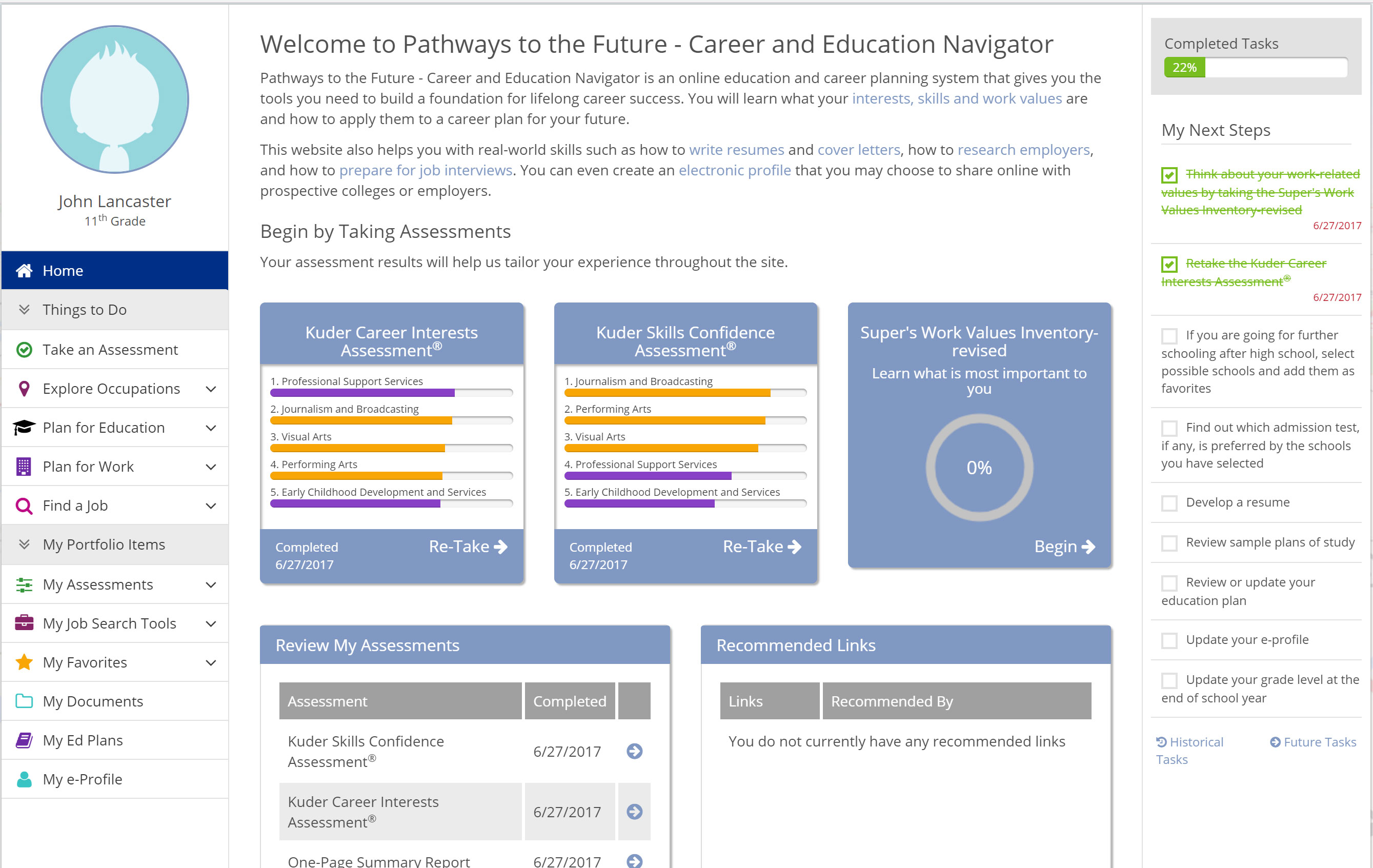
Pathways to the Future - Career and Education Navigator
Check out My Pathways Navigator to learn about yourself, explore careers, develop an education plan, and create your own portfolio! Create an account and sign in to get started!
Browse some other resources designed to help you find jobs that you may be interested in.

View career videos sorted by industry. Videos include career details such as tasks, work settings, education needed, and more.
Following is a list of the top 10 growing industries in West Virginia. To learn more about WorkForce West Virginia's Steps to Employment, visit https://workforcewv.org/job-seekers.
WorkForce West Virginia also provides Labor Market Information, including Top Employers, In Demand Occupations and Industries, Employment and Wages. To explore this data, visit http://lmi.workforcewv.org/
To setup an account and plan your career, please contact your local WorkForce WV or DRS office.
WorkForce WV
Workforce WV offers valuable employment and training services to help you with your job hunt.
WV Division of Rehabilitation Services
WV Division of Rehabilitation Services counselors can help high school students with disabilities prepare and plan for their working future.
WV Adult Education
WV Adult Education helps adult learners gain skills needed to obtain a job, advance in their current job, or enter a new career field. The core academics include reading, mathematics, English, and computer skills.